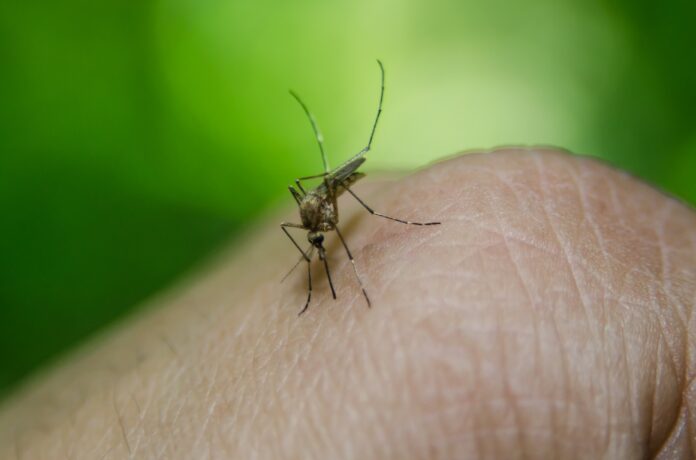The coronavirus pandemic has shifted our reality in more ways than one. What was once normal for the world is now threatening and advised against by experts. Now recent data suggests that the changes brought upon the population by the pandemic have also managed to change how other infectious diseases are transmitted. According to reports by researchers on the PLOS Neglected Tropical Diseases, more and more people are social distancing; it is leading to a rise in dengue infections.
What’s interesting to note is, while there have been increases in dengue infections in Thailand, there are no discernible changes noticed in both Malaysia and Singapore.
The dengue virus is spread through Aedes Mosquitos, these mosquito bites can cause fevers in people, headaches, joint pains, muscle aches as well as vomiting, and nausea. Each year there are estimates of as many as 105 million viral infections, the majority of such cases cluster around in Southeast Asia as well as the Western Pacific region.
Also Read: Breast Cancer Awareness or Publicity? Zoe Saldana Dons a Pink Bikini to ‘Honor’ Pink-tober
The transmission of the mosquito-borne disease also is known to increase considerably if areas with stagnant water are near public places. These spaces become perfect spawning spots for the mosquitos, therefore, increasing their numbers enough to drive up cases
The illness appears somewhat like flu but can sometimes prove lethal in some cases. The outbreaks are thought to occur at any period as long as mosquitos still actively exist in those spaces. Specifically, however areas with high humidity and warm temperature are ideal and favored conditions for such mosquitos to spread and infect the population.
In these regions the coronavirus has led workplaces to shut down, mass gatherings to be banned, and often nationwide shutdowns. This provided the perfect experiment environment naturally and experts were able to observe the effects of an absence of human mobility and lacks of workplace activity on the transmission of the dengue disease.
In the latest work, Jue Tao Lim from the National University of Singapore alongside his colleagues evaluated the available information through the middle of this year regarding case counts in Thailand. They also acquired data on their climate besides that coronavirus measures they took and their general population census information.
Also Read: 30-Year Long Study Reveals Diabetes and Weight loss as High Risk Factors for Pancreatic Cancer
The researchers discovered that the more people were seen to social distance and remove themselves from high-risk workplace environments the more they were found to be suffering from dengue infections. The behavior itself appeared to have been driving up cases for the mosquito-borne virus. No similar impact however was surprisingly seen in Singapore or Malaysia.
Experts on the case believe the differences across the countries must be because of the structures of residences and workplaces in either country, they also reason that social distancing policies also significantly affected the data they evaluated.
Therefore the researchers believe since arboviruses are rising as are the risks of transmission for them, future researchers should study and understand how locations affect the transmission of the virus and how unique population conditions such as social distancing policies affect the spread of the disease.




